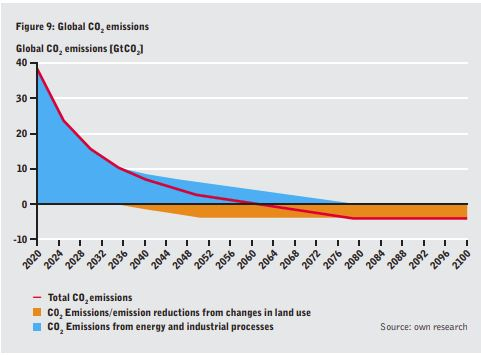
Imagine a world where labour and resources in the global South were available to provide for local human needs, rather than appropriated for the sake of excess consumption in the global North.
For reference, the scale of net appropriation from South to North is staggering:
-10.1 billion tons of raw materials
-379 billion hours of human labour
-22.7 quintillion joules of energy
-800 million hectares of land
That's for a single year, 2015. All for Northern excess.
-10.1 billion tons of raw materials
-379 billion hours of human labour
-22.7 quintillion joules of energy
-800 million hectares of land
That's for a single year, 2015. All for Northern excess.
In other words, imagine decolonization.
To clarify, the labour appropriation represented here is not migratory labour. It is Southern labour mobilized within global commodity chains to produce goods consumed in the North.
• • •
Missing some Tweet in this thread? You can try to
force a refresh





